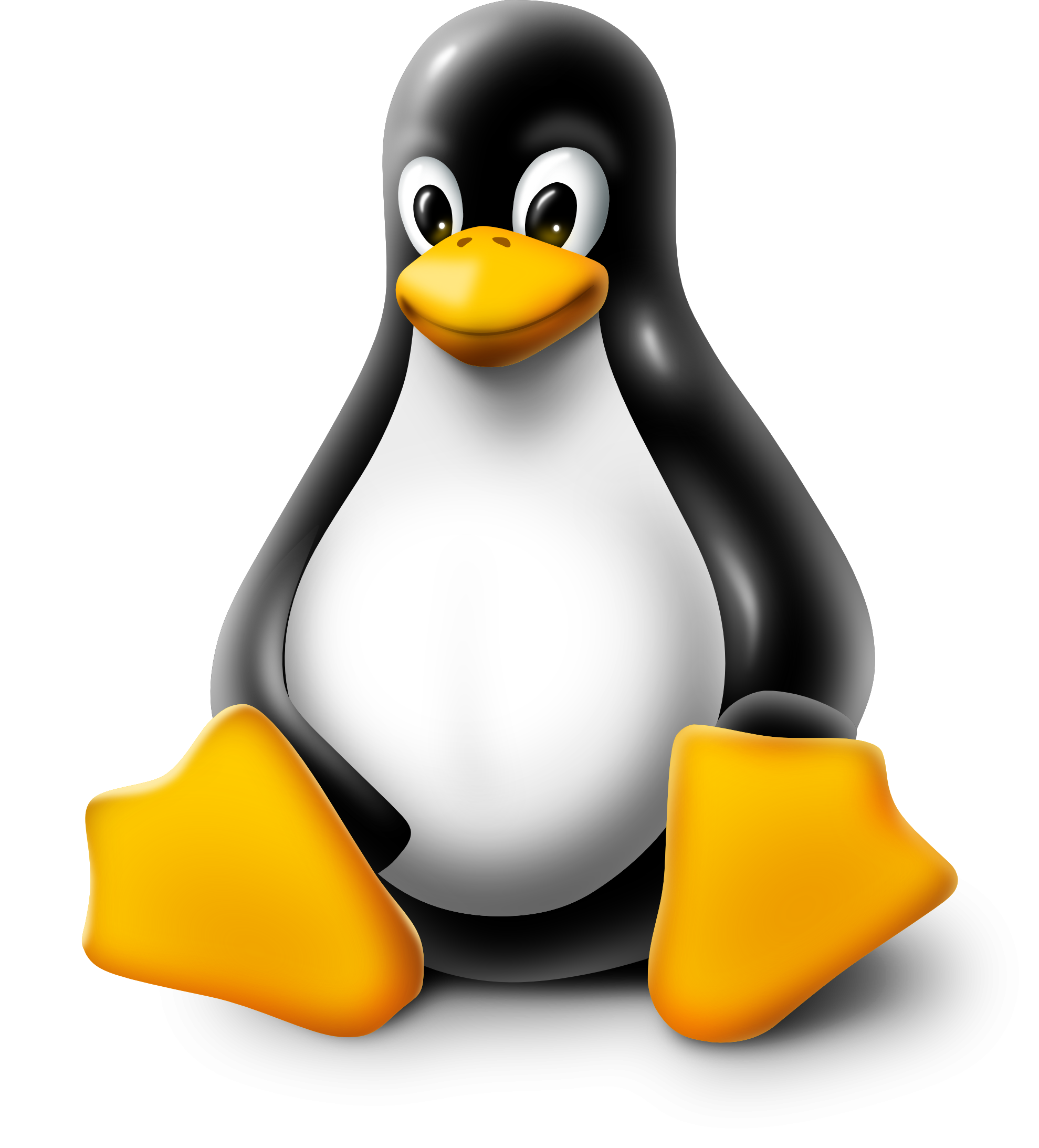- Open source operating system.
- Free to use.
- Open source code to modify.
- Kernel base OS.
- Birthday 25th Aug 1991.
- Developed by Lunus Toevalds.
- Major Component
- Kernel
- Environment
- File Structure
- Purpose for fun 😊
- Mascot for Linux TUX(Penguin).

- Ubuntu
- Debian
- Red Hat
- Gentoo
- Fedora
- Linux Mint
- Oracle
- Multiuser Capaiblity
- Multitasking
- Portability
- Security
- Live CD/USB
- Graphical user interface
- Application Support
- File System
- Open Source
/binBasic program: All commands instruction/definition written in/bindirectory eg:ls, cd, dir, etc./sbinSystem program: that help OS to intract with other hardware are stored in/sbindirectory eg:fdisk, sysetl, mkfs, etc./etcConfiguration files: when any software run in our system there all config; like port no, size, etc are stored in/etcdirectory./tempTemporary files: Store data taht is reciently created and if user deleted and user want it again they get from/tempdirectory./usr/binApplication: Other software that installed in system are stored in/usr/bindirectory./usr/shareApplication support and data files: if any software required extra files to run program that stored in/usr/sharediractory./homePersonal directories or guest user./rootAdmin directory.
man: manual commentls: List all the folders and files of a directory.ls -a: Shows all hidden floders.cd: change directory.cd ..:change directory to previous.pwd: Check current working directory.dir: Same asls.mkdir: Create new directory.cp: Copy a file or folder.mv: Move a file or folder.rm: Remove a file or folder.sudo su: Grant root privileges - great Power comes from great responsibility.cat: Show content of a file.gedit: Edit the file.nano: Linux file editor.chmod: change directory permission../: Execute shell file.bash: Execute shell program.apt-get update:Info about new version of system software.apt-get upgrade: Download and install new version of software.apt-get install: To install new software in system.top: Showing Linux process.kill: Terminate process.w: User login activity.whoami: Display active user name.touch: Create empty file.
;&&||
Tab:Auto complete names.CTRL+C:Abort processing task.CTRL+L:ClearCTRL+D:EXITCTRL+ALT+D:Minimize all terminalCTRL+U:Clear lineCTRL+Z:Suspend for backgroundCTRL+A:Point to starting pointCTRL+Shift+C:CopyCTRL+Shift+V:Paste